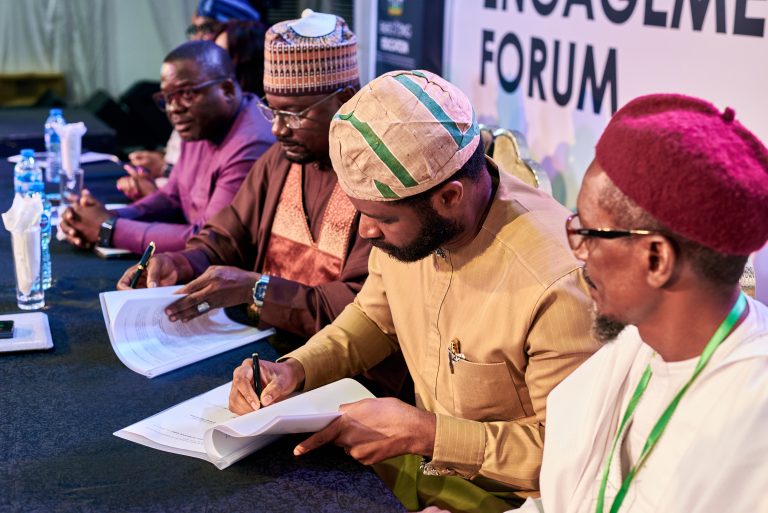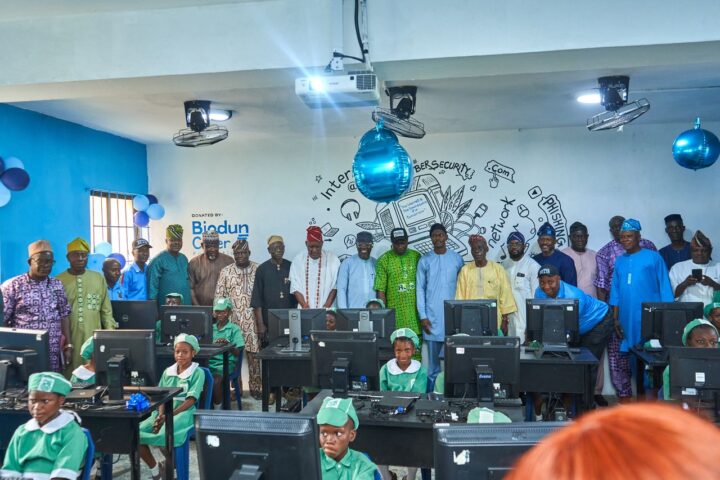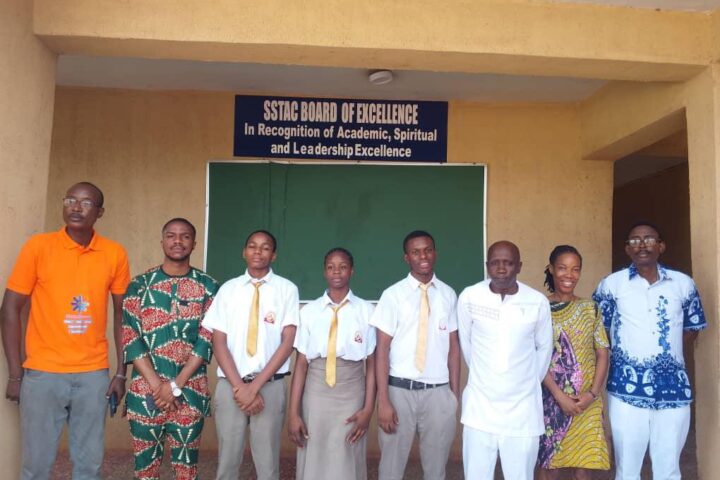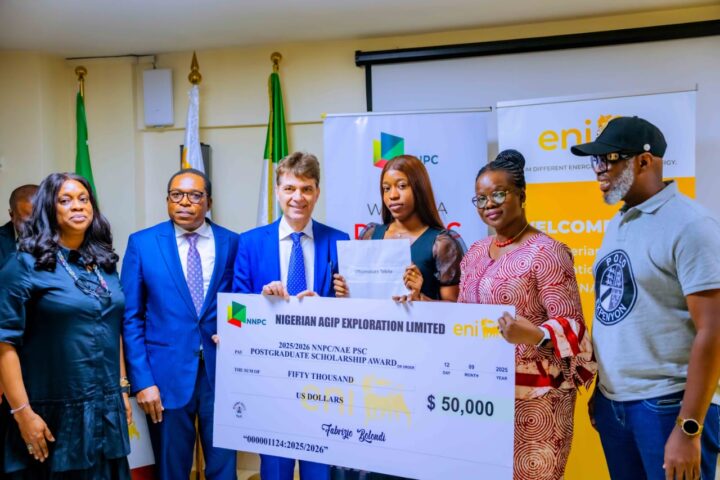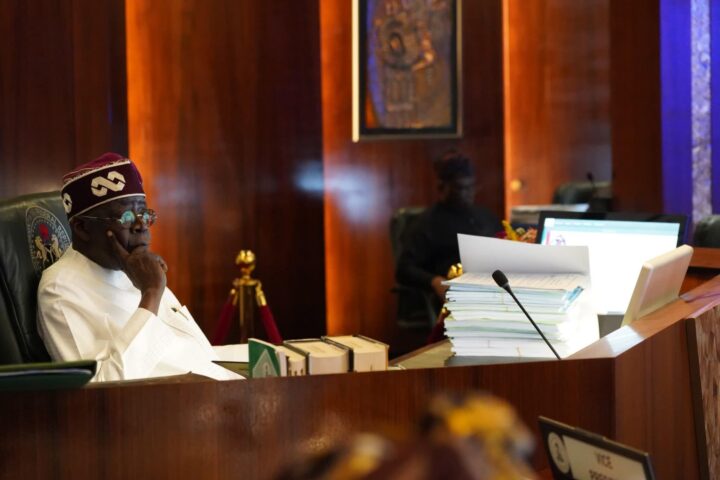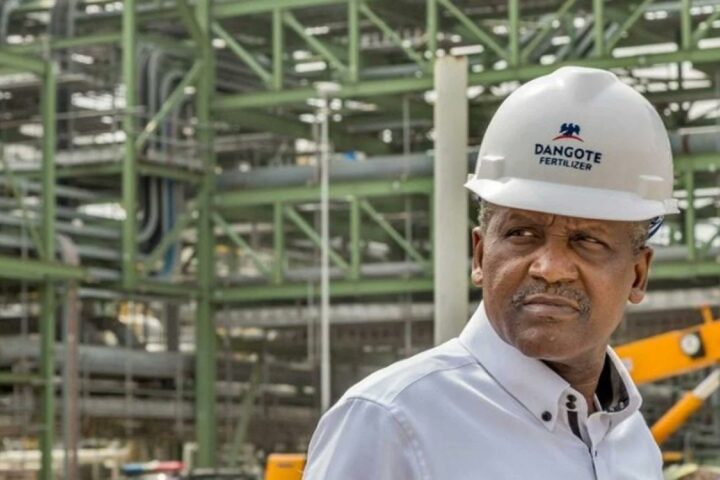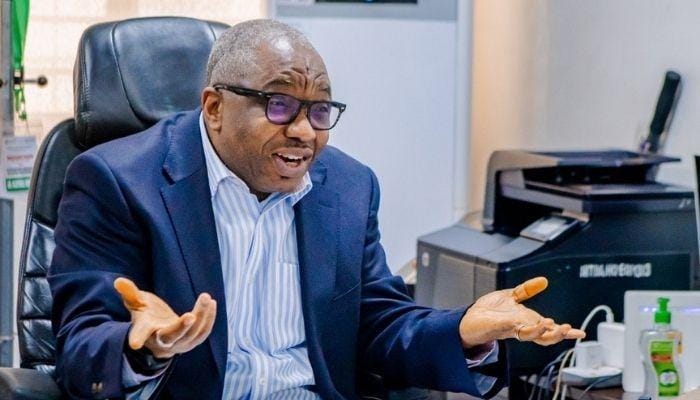Mohammed Shosanya
The Rural Electrification Agency (REA) has reaffirmed its commitment to ensuring the long-term success and sustainability of the Energizing Education Programme (EEP) during the 2024 EEP Stakeholders’ Engagement Forum (SEF) organized by the Nigeria Electrification Programme (NEP).
The three-day, high-level event brought together key stakeholders including Vice Chancellors, Chief Medical Directors, Directors of Physical Planning/Works, and Legal Officers from EEP beneficiary institutions, along with representatives from the World Bank (WB), the African Development Bank (AfDB), and other partners.
Themed “Empowering Education through Sustainable Energy: Collaborative Pathways for the Long-term Success of the Energizing Education Programme (EEP),” the forum focused on strategies for ensuring that solar hybrid power plants deployed across the EEP beneficiary universities remain sustainable, fostering educational advancement and institutional growth.
Launched by the Federal Government of Nigeria (FGN) in 2018, the Energizing Education Programme (EEP) was designed to provide reliable power supply to 37 federal universities and 7 affiliated teaching hospitals across Nigeria.
Under the three phases of the EEP, 24 federal universities and 4 teaching hospitals have already been included:
These institutions are being equipped with solar hybrid power plants, collectively capable of generating over 100MW of clean energy.
This forum also aims to address concerns surrounding EEP Phase I, emphasizing the need for urgent interventions to enhance the sustainability of the power plants deployed during this phase.
The forum aimed to clarify misconceptions about Phase I, particularly at institutions like Obafemi Awolowo University (OAU) and the University of Lagos (UNILAG).
Through this forum, REA has taken a substantial step to ensure the continued success and sustainability of these projects, and any future negative media reports on EEP Phase I will be viewed as unfounded, given the agency’s commitment to resolving these issues.
“The challenges faced by Phase I institutions have been acknowledged, and we have deliberately started implementing measures to address them, ensuring sustainability across all phases,” said Abba Abubakar Aliyu, MD/CEO of REA.
“Our mission remains clear—to ensure that no institution is left behind in this transformative journey.”
During the forum, the REA showcased its hands-on approach to resolving the issues faced by Phase I beneficiary institutions.
Through interactive discussions and in-depth presentations, the agency provided clarity on the EEP Sustainability Model, developed with the collaboration of the United Kingdom Nigeria Infrastructure Advisory Facility (UKNIAF).
The Model addresses both technical and operational concerns, ensuring that the solar power plants are managed and maintained efficiently.
Speaking at the event, Olufemi Akinyelure – Head, Nigeria Electrification Programme re-emphasised the importance of the forum “This forum marks a critical turning point for the Energizing Education Programme going forward.
The discussions, agreements, and key takeaways that have taken place over these three days will guide us in ensuring that we proffer solutions as quickly as possible to these beneficiary universities.”
A major highlight of the forum was the signing of a Collaborative Agreement between REA-NEP and the beneficiary institutions.
This agreement, which now applies to Phases I, II, and III, outlines the roles, responsibilities, and financial commitments necessary to sustain the solar power plants.
The sustainability and business case models for EEP Phase I were especially emphasized to correct any previous oversights and ensure the alignment of all phases with the long-term sustainability framework.


